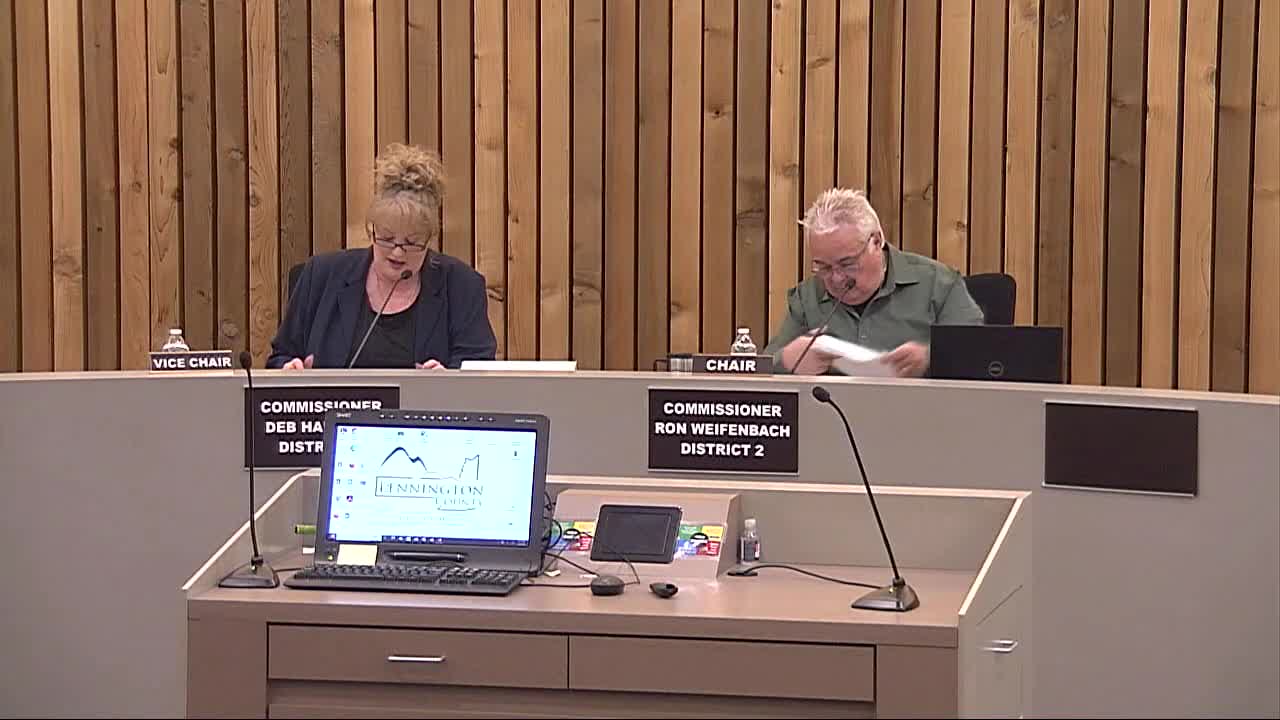Article not found
This article is no longer available. But don't worry—we've gathered other articles that discuss the same topic.
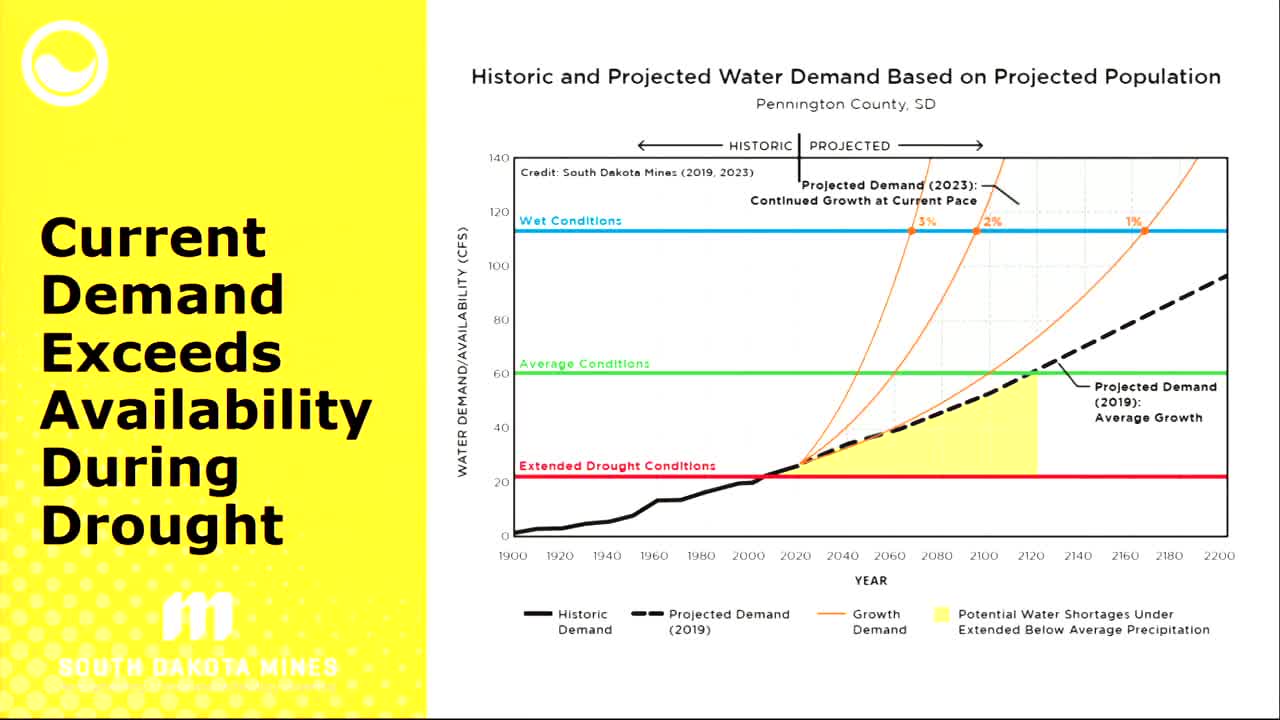
Pennington County treasurer says 605Drive conversion, staffing and phone queuing drive delays; county planning technology fixes
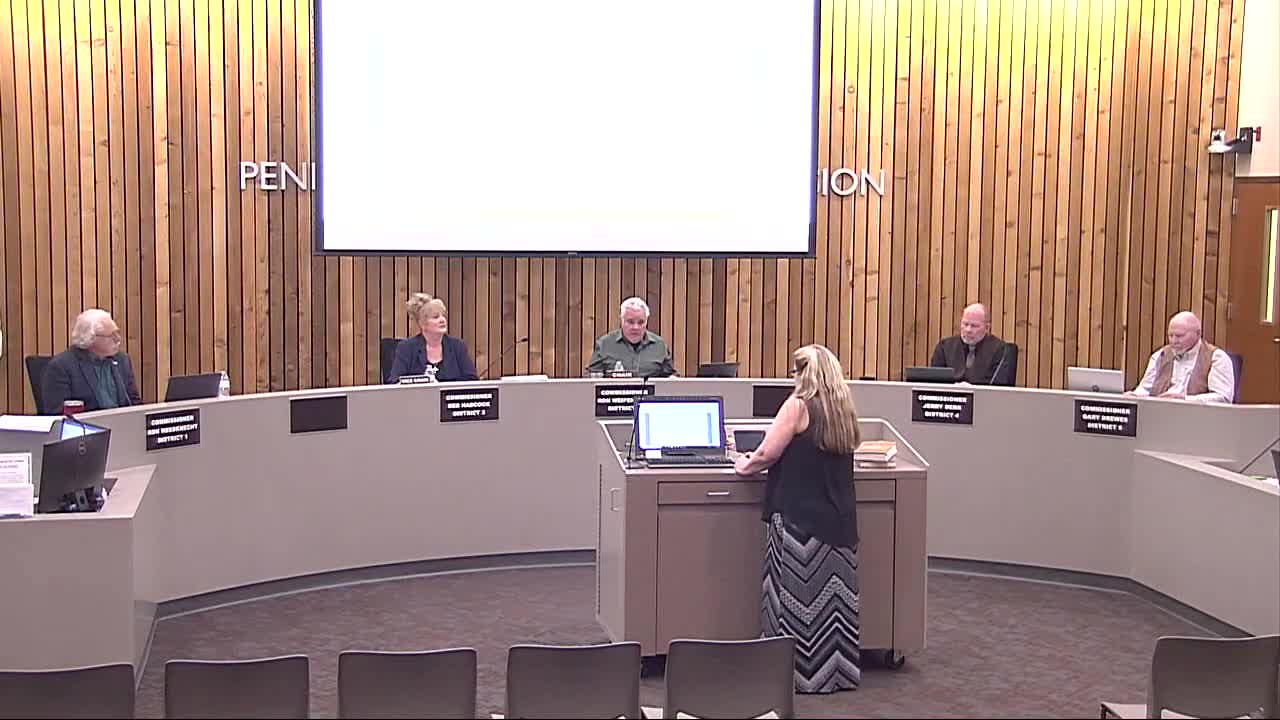
Commissioners direct new budgeting approach: personnel flat in provisional budgets, options for COLA/steps to be costed
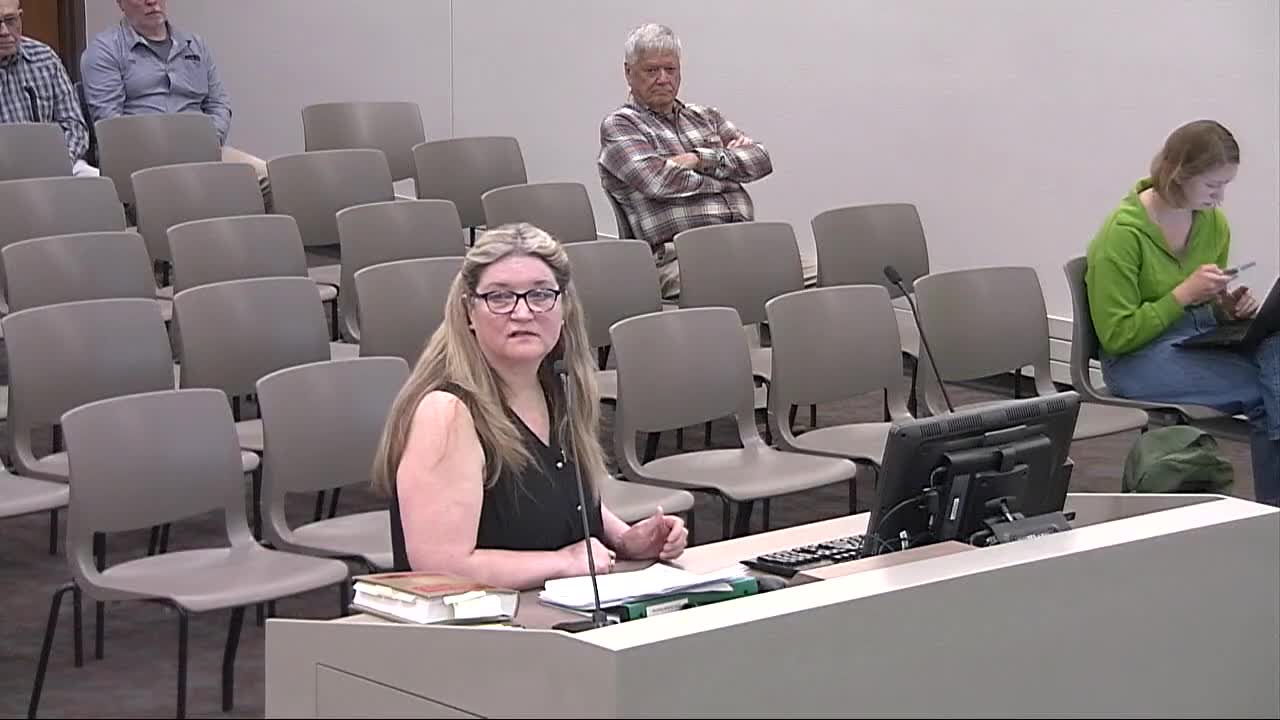
Resident urges stricter inspections and contractor accountability after construction defects; planning staff to study inspection options
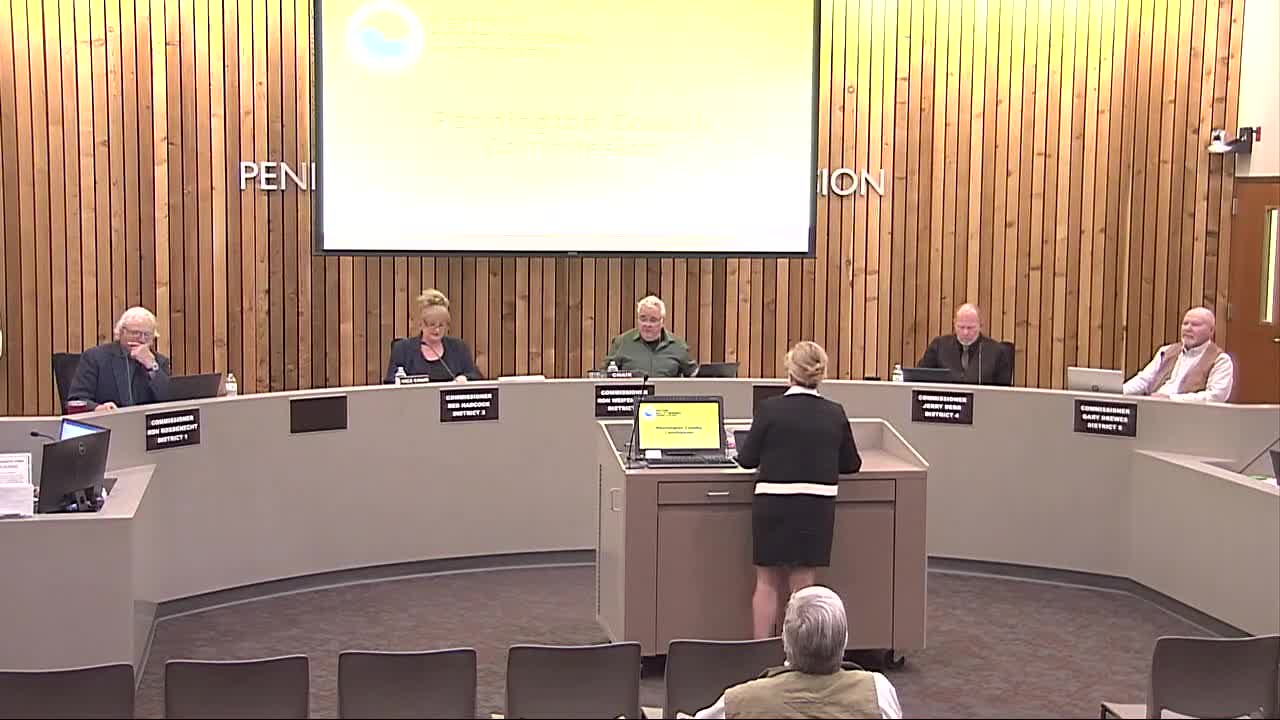
Western Dakota Regional Water System asks Pennington County to continue backing feasibility work as drought tightens
